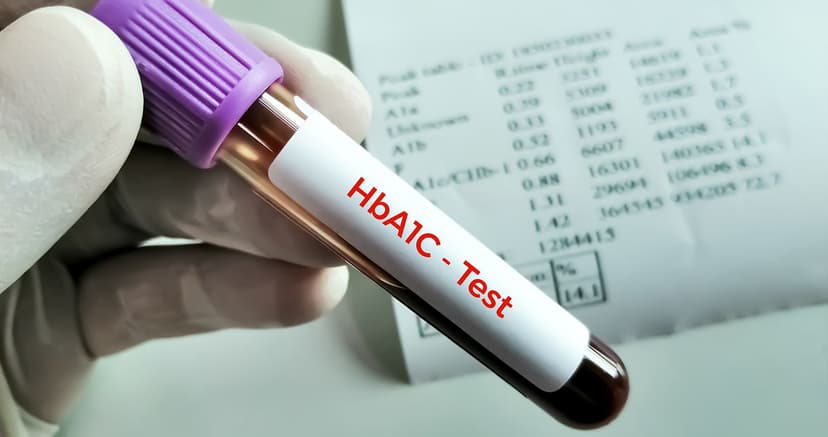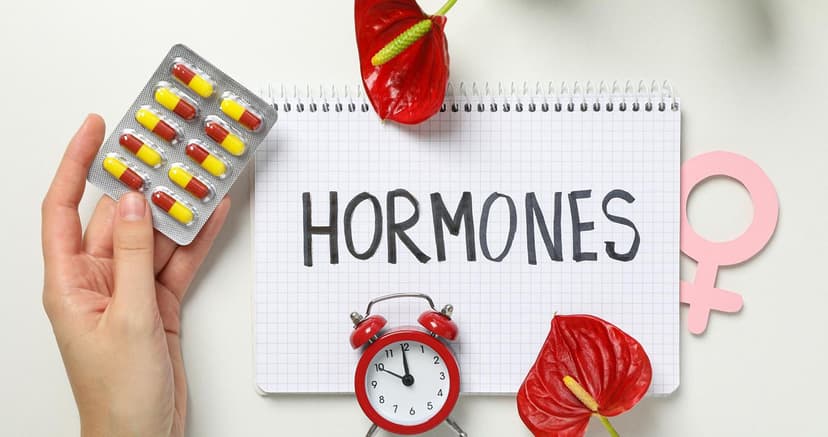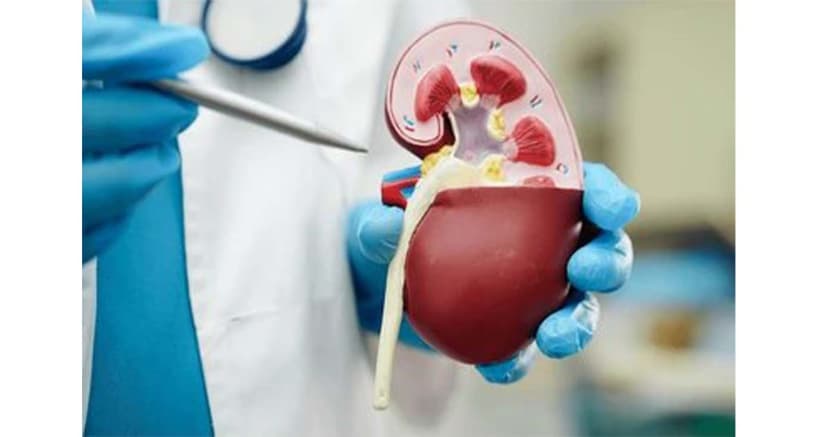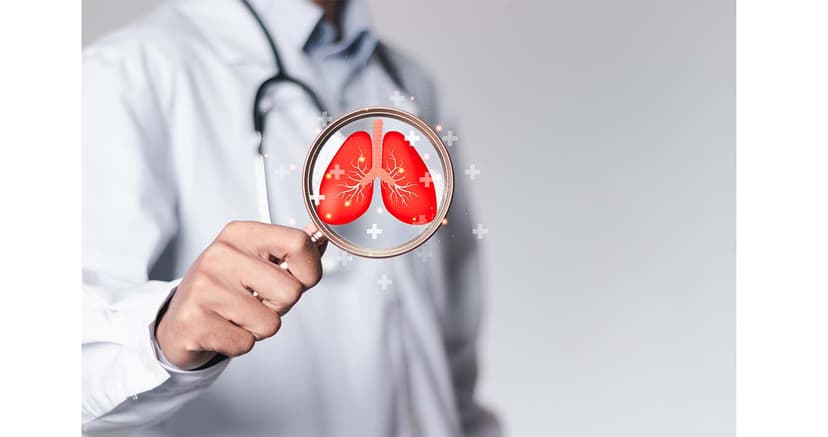How Depression Can Impact Physical Health: Warning Signs
By:

Apex Hospitals
30-11-2024

Depression is more than an emotional struggle—it’s a complex brain disorder that can significantly impact the entire body. Changes in brain function caused by depression can trigger a wide range of physical symptoms, influencing everything from the heart to the immune system. This silent yet debilitating condition doesn’t just affect mood and emotions; it can also exacerbate or increase the risk of physical illnesses, creating a vicious cycle that can be challenging to break.
The connection between mental health and physical well-being is undeniable, making it essential to recognize the warning signs and seek timely intervention. By understanding how depression affects the body, individuals can better manage their health and prevent long-term complications.
What is depression?
Feeling sad or anxious occasionally is a normal part of life, but when these emotions persist for more than a few weeks, they may signal depression. Clinical depression, especially when left untreated, can significantly disrupt daily life and lead to a cascade of additional symptoms.
Major depression, a more severe form of the condition, is considered a serious medical issue that can profoundly affect one’s quality of life. According to the Diagnostic and Statistical Manual of Mental Disorders, Fifth Edition (DSM-5), a diagnosis of major depression requires experiencing at least five specific symptoms for more than two weeks. Recognizing these signs and seeking help early is critical to managing the condition effectively and improving overall well-being.
The Mind-Body Connection: How Depression Affects Physical Health
Depression is more than sadness—it’s a complex interplay of psychological and physiological factors. The brain and body are interconnected; when one suffers, the other follows. Hormonal imbalances, increased inflammation, and disruptions in the nervous system caused by depression can lead to a cascade of physical health issues.
Warning Signs of Physical Health Impact
1. Persistent Fatigue
Feeling constantly tired, even after adequate rest, is a common symptom of depression. This is often linked to poor sleep quality, changes in appetite, and a lack of energy stemming from emotional distress.
2. Chronic Pain
Depression can amplify pain sensitivity. Conditions like headaches, back pain, joint pain, or unexplained body aches often accompany depressive episodes.
3. Weakened Immune System
Depression can suppress immune function, making individuals more susceptible to infections and slower to recover from illnesses.
4. Gastrointestinal Issues
The gut-brain axis plays a significant role in mental health. Depression can manifest as stomach aches, nausea, constipation, or irritable bowel syndrome (IBS).
5. Cardiovascular Risks
Prolonged depression increases the risk of heart disease by elevating blood pressure and heart rate while promoting unhealthy habits like smoking or overeating.
6. Weight Fluctuations
Changes in appetite, whether eating too much or too little, can lead to noticeable weight gain or loss. This can, in turn, trigger further health complications like diabetes or malnutrition.
7. Sleep Disturbances
Insomnia or oversleeping are hallmarks of depression, disrupting the body’s natural rhythm and affecting overall health.
8. Cognitive Decline
Depression can impair memory, focus, and decision-making, which can indirectly affect physical well-being, especially in managing day-to-day tasks or adhering to medical treatments.
Why Depression Impacts the Body
1. Stress Hormones and Inflammation
Depression often triggers an overproduction of stress hormones like cortisol. While cortisol is essential for managing stress, excessive levels can cause inflammation, weaken the immune system, and harm organs over time.
2. Lifestyle Factors
Depression can lead to behaviours that negatively impact health, such as poor nutrition, lack of physical activity, and substance abuse.
3. Nervous System Dysregulation
Depression alters the autonomic nervous system, affecting processes like digestion, heart rate, and blood pressure, further exacerbating physical symptoms.
How to Recognize and Address the Warning Signs
1. Listen to Your Body
Physical symptoms that persist without an apparent cause should not be ignored. Pay attention to changes in your energy levels, pain, and overall well-being.
2. Seek Professional Help
Consult our expert if you notice any combination of emotional and physical symptoms. Depression is treatable through therapy, medication, and lifestyle changes.
Breaking the Stigma
Depression is not just "in your head"; it’s a legitimate medical condition with real physical consequences. Acknowledging the mind-body connection is the first step toward healing. Understanding the warning signs can save lives for yourself or a loved one.
Remember, seeking help is a sign of strength, not weakness. Depression doesn’t have to take over your mind or your body. Reach out, seek support, and reclaim your health—mentally and physically.
FAQS
Related Articles
Connect With Us
Health In A Snap, Just One App.
KNOW MORE
























































































































































